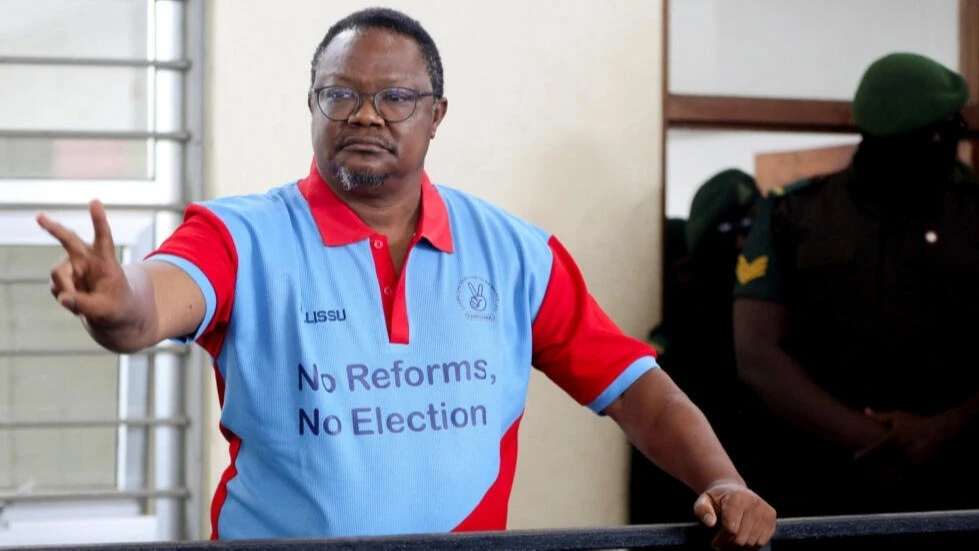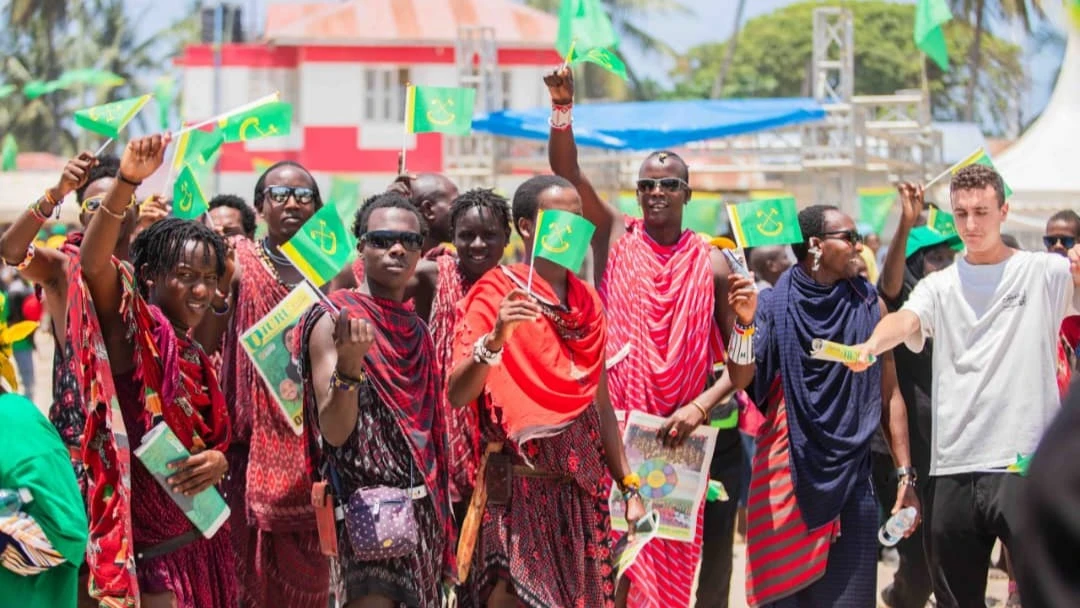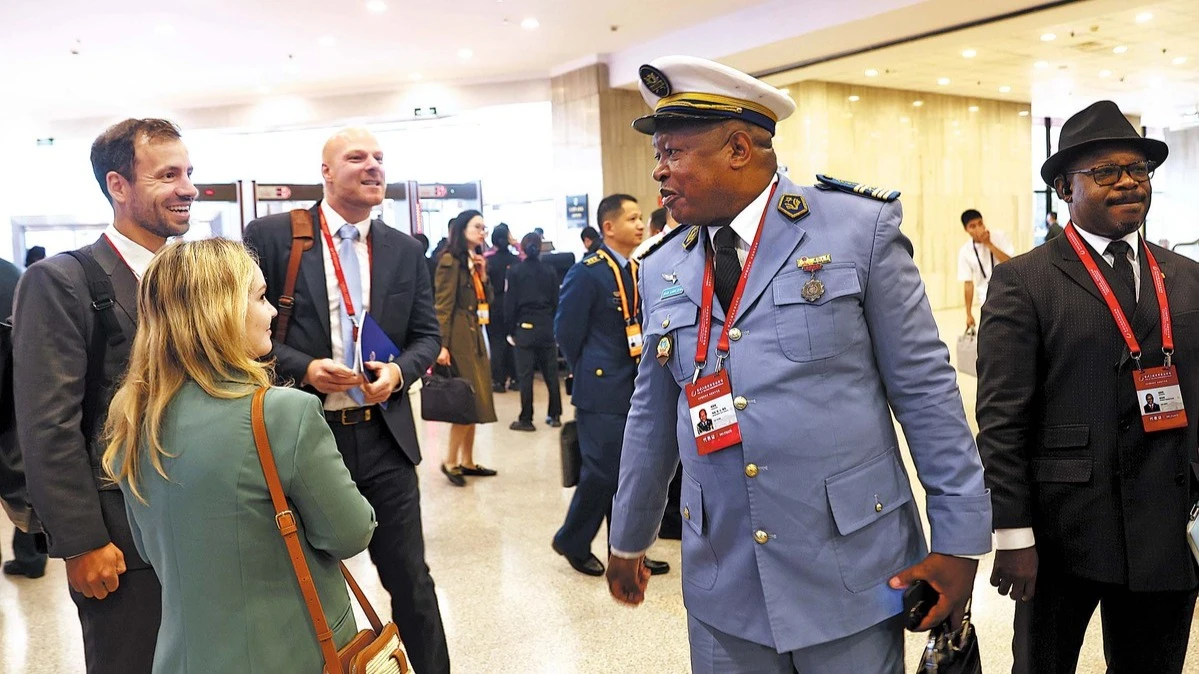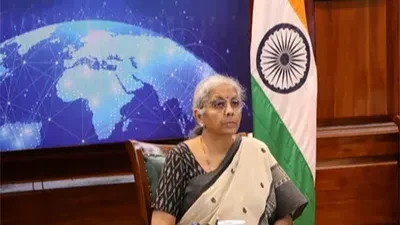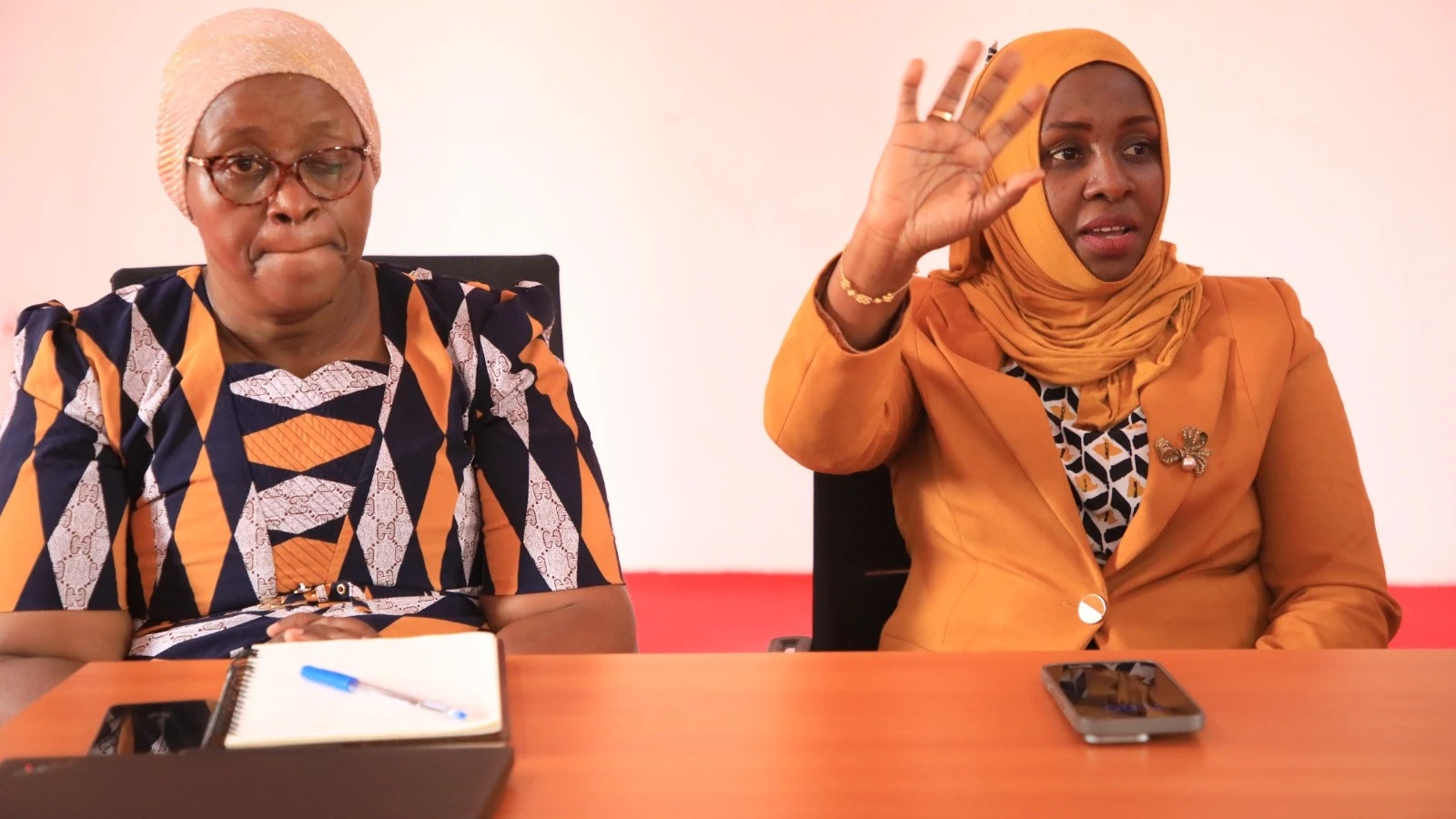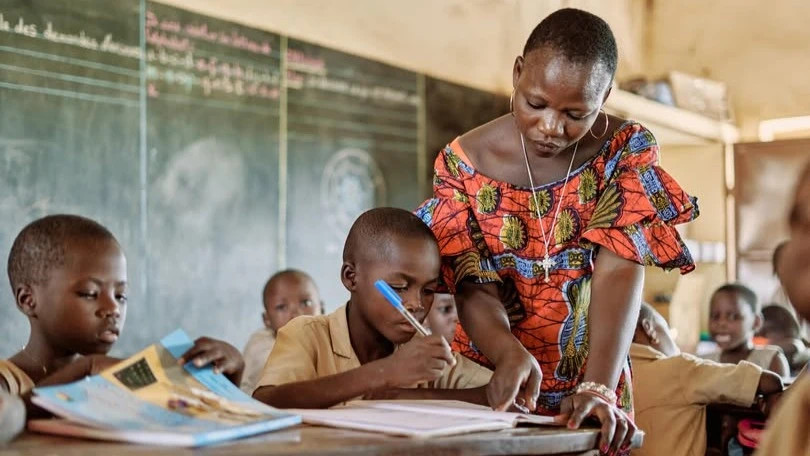Community Health Workers trained to tackle breast, cervical cancer
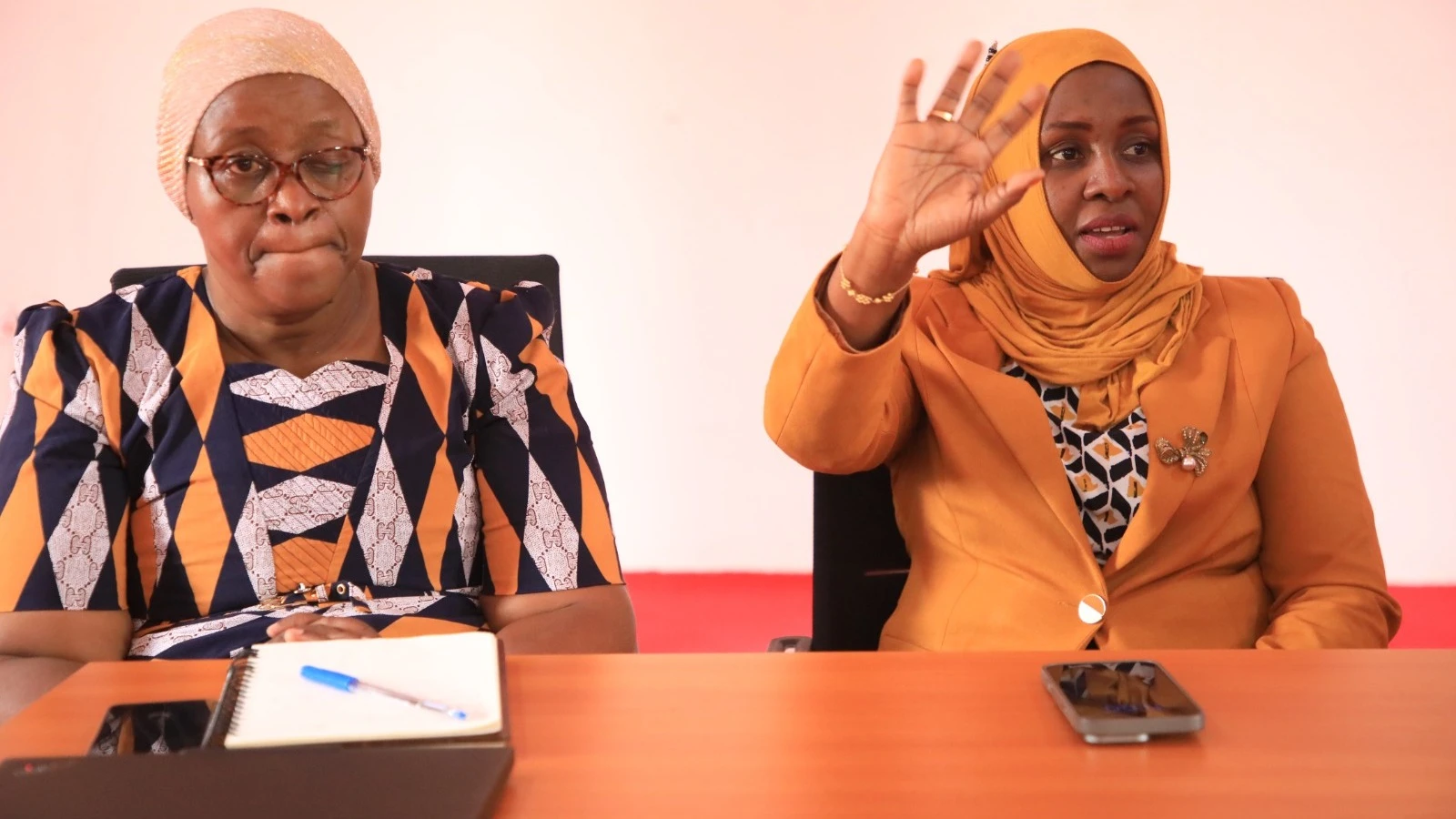
Sixty Community Health Workers (CHWs) have received special training on how to educate the public about breast and cervical cancer, as well as to raise awareness on the importance of the Human Papillomavirus (HPV) vaccine for cervical cancer prevention.
Launching the training, Mwanza Regional Medical Officer, Dr. Jesca Lebba, said the project aims to combat cervical and breast cancer. She noted that globally, these two cancers are the leading causes of cancer-related deaths among women, including in Tanzania.
She urged communities to embrace the HPV vaccine, which is administered once to nine-year-old girls, as it helps protect them from cervical cancer.
According to her, the government and various stakeholders are conducting early screening campaigns at health facilities, an initiative that helps detect cancer early and take appropriate action before it becomes severe.
Speaking on partnerships, she highlighted that the Aga Khan Foundation is working with government service providers and community health workers to educate women and girls, encouraging them to visit health facilities and access these vital services.
“The biggest challenge in the Lake Zone is the prevalence of cervical and breast cancer, which also remain the leading cancers affecting women globally. Statistics from cancer treatment hospitals such as Ocean Road and others show a worrying trend, with these cancers being the main cause of women’s deaths,” she explained.
Dr. Lebba added that Mwanza Region still faces serious challenges with breast and cervical cancer. She emphasized the need for communities to invest more in preventive health rather than waiting for illnesses to escalate. She also encouraged women to undergo regular screening, as cancer is treatable if detected early.
Meanwhile, EA-Cwcp Project Manager from the Aga Khan Foundation, Rester Boniface, said the four-year project (2025–2029) is being implemented in Tanzania and Kenya. In Tanzania, it will cover six regions: Mwanza, Shinyanga, Dodoma, Arusha, Kilimanjaro, and Dar es Salaam, as well as Zanzibar.
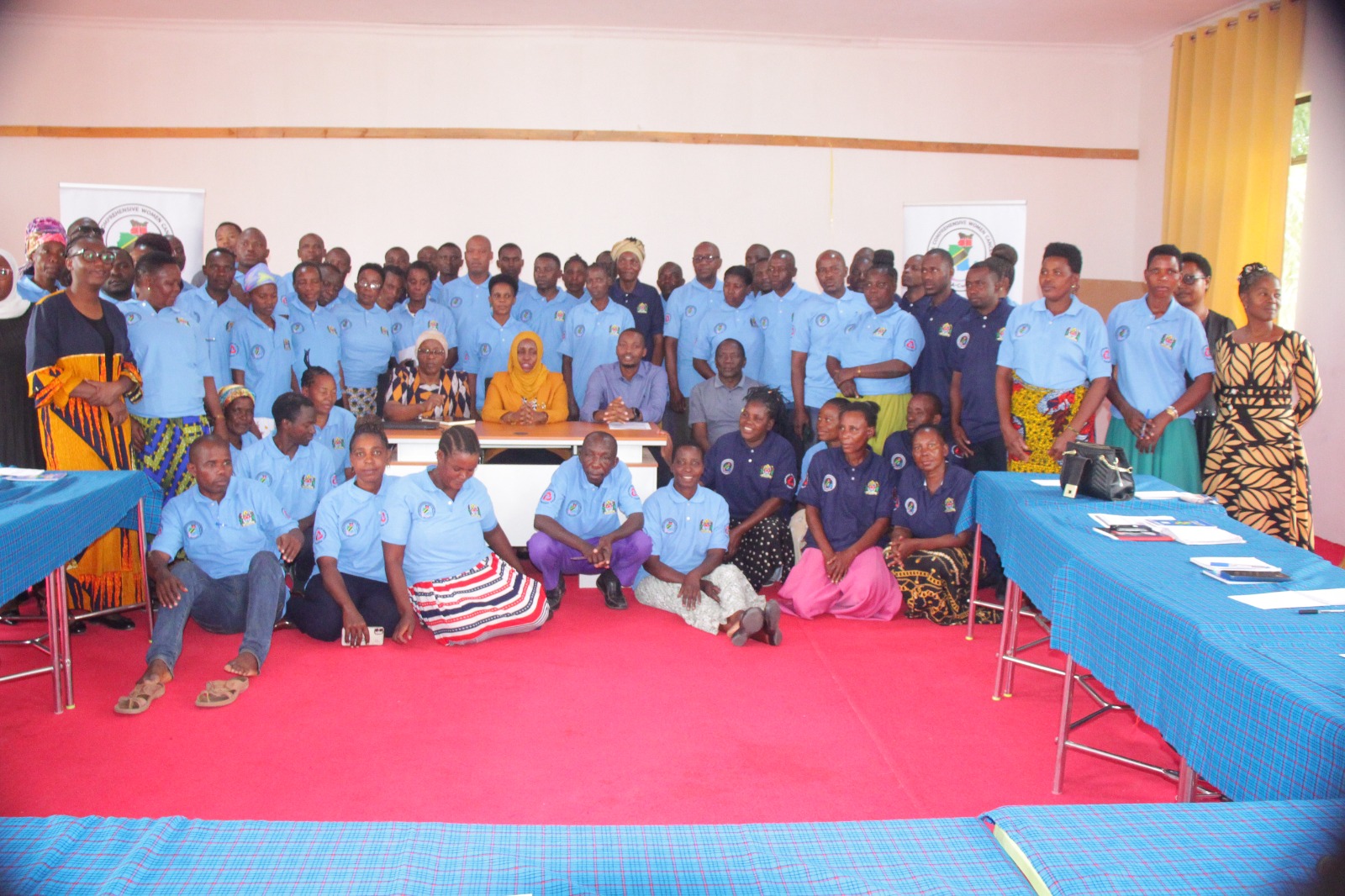
He explained that the project aims to reach over three million people with health education, vaccinate more than one million girls against HPV, screen over 400,000 women, and build the capacity of 400 health workers to serve as ambassadors of cancer education within their communities.
“We want the community to understand that cancer is treatable if detected early. That is why we are starting with this training, so CHWs can act as ambassadors—encouraging women to go for screening and persuading parents to allow their nine-year-old daughters to get the HPV vaccine,” he said.
The training has begun in Mwanza Region, targeting Misungwi, Sengerema, and Kwimba District Councils, where HPV vaccination coverage is still below the national target.
He further noted that the project’s objectives include increasing community awareness of women’s cancers, improving infrastructure in selected cancer care hospitals, building the capacity of healthcare providers (including CHWs), and conducting various cancer-related research.
“The project is implemented by the Aga Khan Development Network (AKDN) through its institutions—Aga Khan Hospital, Aga Khan Foundation, and Aga Khan University—in collaboration with the Ministry of Health and PO-RALG. It is funded by the French Development Agency (AFD), Gates Foundation, and Aga Khan Foundation,” he added.
He also mentioned that they will work closely with religious leaders to eliminate misconceptions linking cancer to witchcraft or curses.
Kalugulu Bundala, one of the CHWs attending the training, said the knowledge gained will help him deliver the right message to his community, where cancer is often believed to be caused by witchcraft or curses.
“I will be an education ambassador and encourage people to go for early screening,” he said.
Another participant, Rebeca Nyamsingi, added that she will use the training to dispel myths, since many people think cancer is a supernatural disease, whereas in reality, it is like any other disease and is treatable if detected early.
Matina Igembesabo promised to work closely with her community, moving from household to household to spread awareness.
“Misconceptions still exist, but we will continue educating people so that they go for screening and get timely treatment,” she said.
Top Headlines
© 2025 IPPMEDIA.COM. ALL RIGHTS RESERVED











